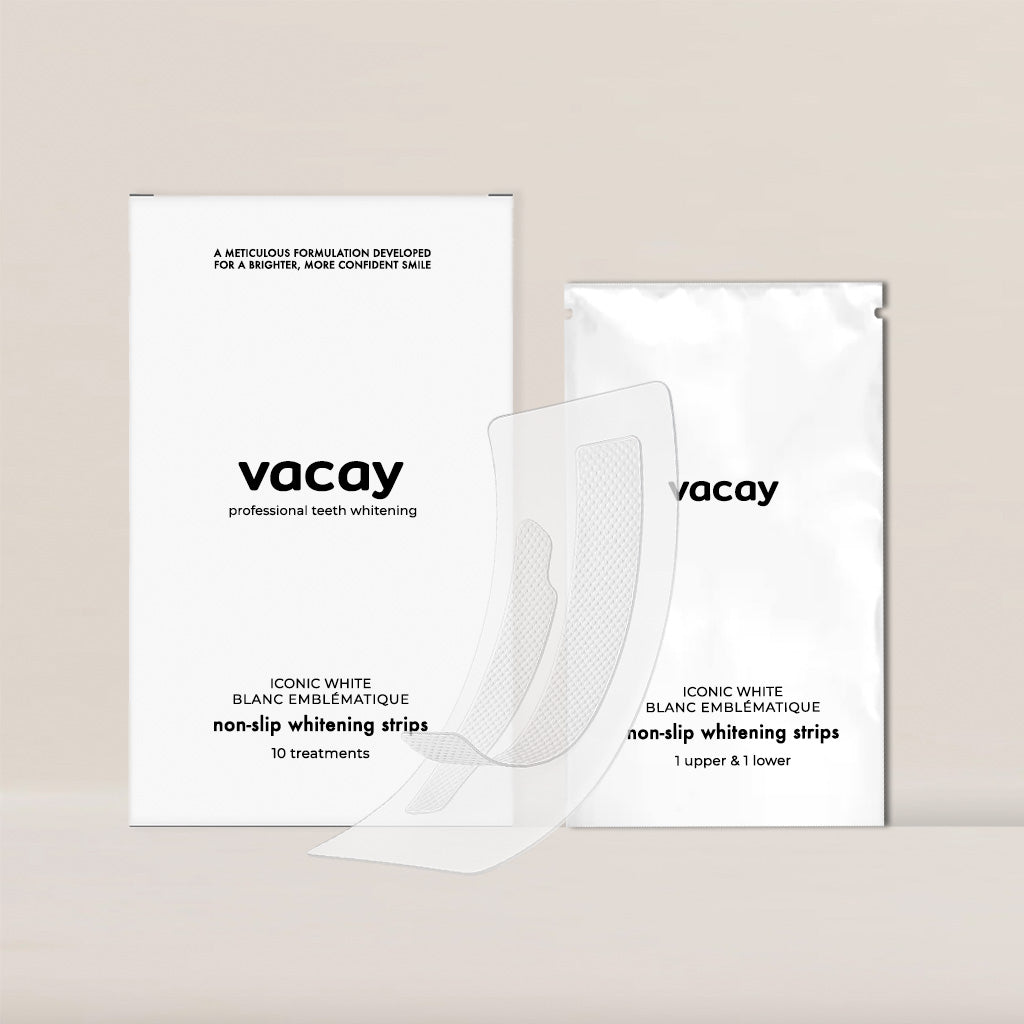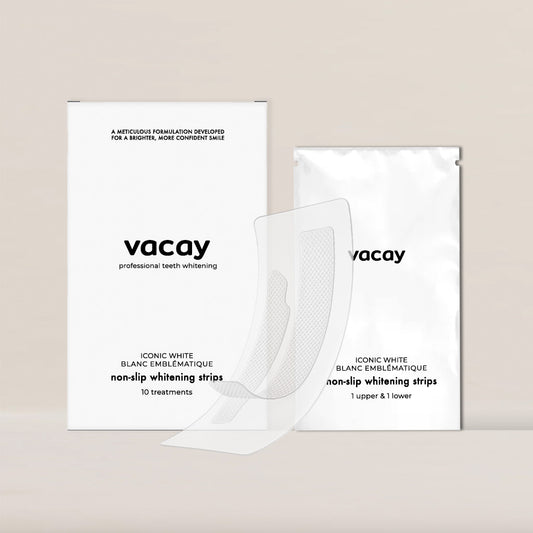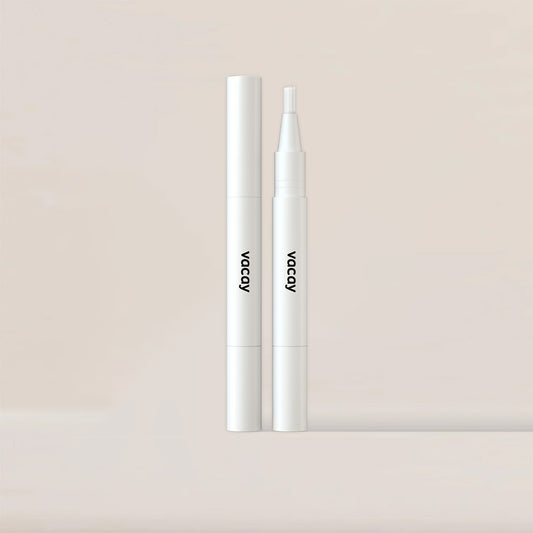
How to Have White Teeth (Without the Drama)
If you’ve ever googled "how to have white teeth," you know the advice can be... a lot. Lemon peels? Baking soda? Oil pulling with sesame oil? We all want a brighter smile. We’re all for natural teeth and holistic beauty, but some of this advice borders on DIY science experiment. So let’s break it down.
Here’s what actually works—and what your enamel wishes you'd stop doing.
First Things First: Why Do Teeth Stain?
Tooth discoloration happens for two reasons:
- Surface stains from staining foods (hey there, red wine and coffee).
- Deeper discoloration within the tooth enamel caused by aging, certain medications, or health problems.
Whitening products aim to target both types. The key? Choosing a whitening agent that’s effective and enamel-safe.
Tooth Whitening That Works
When it comes to real results, hydrogen peroxide and carbamide peroxide are the gold standards. These active ingredients work by breaking down stains on and beneath the surface.
But here’s the deal: higher concentrations can cause tooth sensitivity and irritate gum tissue, especially with professional treatments like in-office teeth whitening or custom trays. If you have sensitive teeth, overdoing it with whitening gel or strips can backfire.
So What Should You Actually Use?
- Teeth Whitening Strips: Look for enamel-safe, hydrogen peroxide-based formulas. Vacay Teeth Whitening Strips use just the right dose—no zingers, no fuss. Teeth whitening strips work.
- Whitening Paste: These use mild abrasives to remove surface stains. Think of it as your daily polish.
- Professional Whitening: Yes, the dentist’s office delivers dramatic whitening results, but it's not for everyday use. Great for a big event.
- Whitening Trays: Custom trays offer longer contact time with peroxide-based whiteners, but they can also lead to more sensitivity.
Natural Whitening Tips
Some natural options can help—if you keep expectations in check:
- Coconut Oil Pulling: I was hesitant to put this on here but it may help remove surface stains and improve oral health. It’s not a miracle, but it doesn’t hurt.
- Avoid Acidic Foods: Lemon peels and malic acid (found in apples) can erode enamel over time.
- Drink Water: After coffee, red wine, or soda, rinse your mouth to reduce new stains.
Your Daily Whitening Routine
- Brush teeth daily with a whitening paste.
- Use your favorite whitening strips (hello, Vacay) on dry teeth—this helps them stick better.
- Avoid staining foods and acidic foods when you can.
- Stay consistent. The most important thing is a routine that fits into your life.
Remove Stains Without the Burn
Whiter teeth shouldn't mean tooth sensitivity or guessing games. Skip the lemon DIYs and opt for clean, effective, enamel-safe whitening. Bye, bye, yellow teeth!
Ready for a confident smile that lasts longer than your oat milk latte? Whiten teeth with Vacay Whitening Strips. They're dentist-approved, powered by professional teeth whitening, and infused with our VitalNourish™ Blend (think coconut oil, sage oil, and minerals your enamel loves). Because your dazzling smile deserves the best—without the drama.
Sources:
-
American Dental Association (ADA) – “Tooth Whitening: What You Need to Know”
https://www.ada.org safety and efficacy of whitening agents like hydrogen peroxide and carbamide peroxide. -
Journal of the American Dental Association (JADA) – “Effects of Hydrogen Peroxide on Tooth Structure”
Peer-reviewed research on the impact of peroxide-based whiteners on tooth enamel and sensitivity. -
Cleveland Clinic – “Teeth Whitening: Risks, Options & Alternatives”
https://my.clevelandclinic.org consumer-friendly guidance on whitening methods and ingredients to avoid. -
Mayo Clinic – “Dental Health: How to Keep Your Teeth White”
https://www.mayoclinic.org causes of tooth discoloration, including dietary habits and oral hygiene. -
National Institutes of Health (NIH) – National Library of Medicine – “Effectiveness and Safety of Over-the-Counter Tooth Whitening Products”
Provides a science-backed comparison of professional vs. OTC products like whitening strips.




